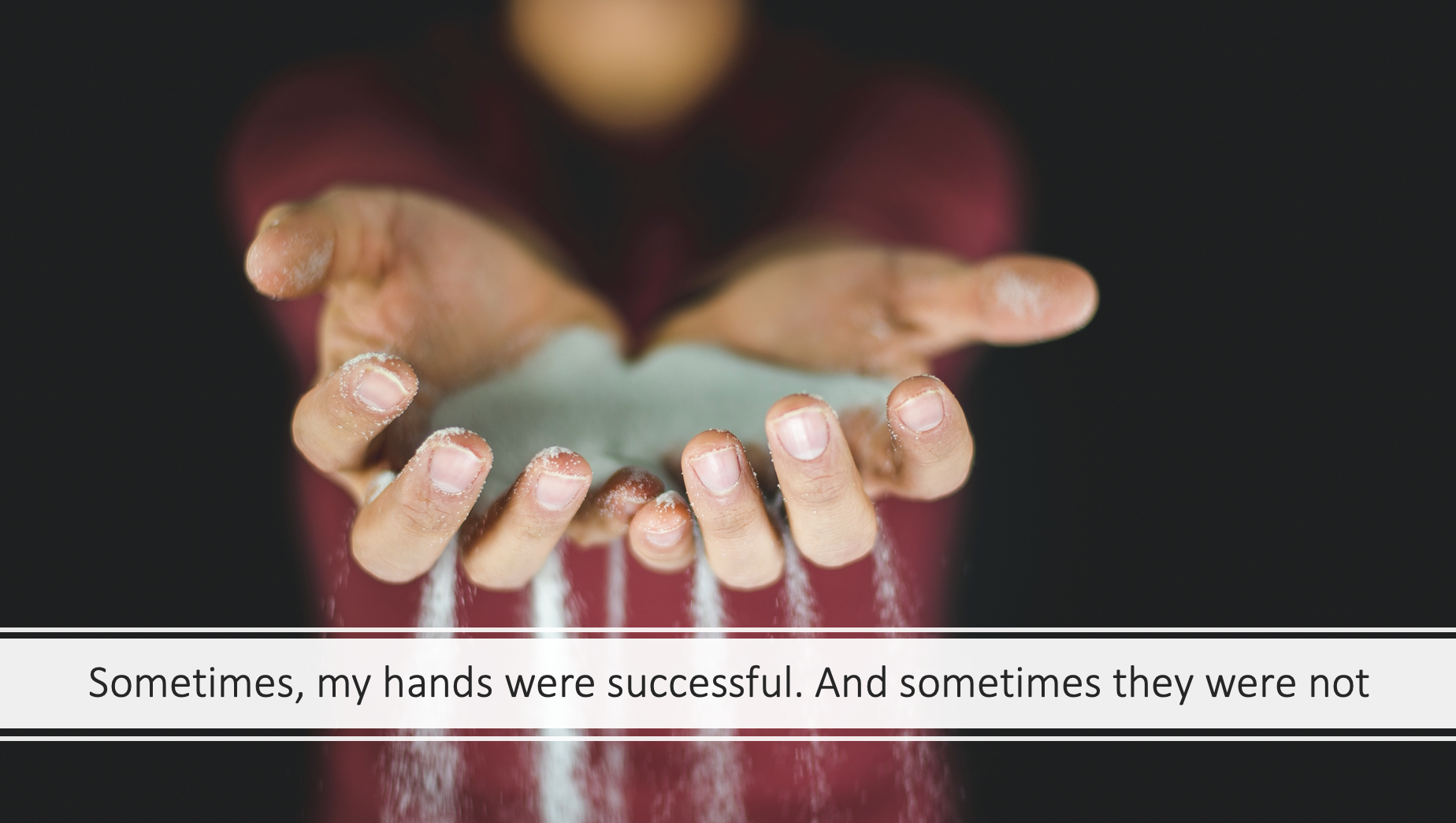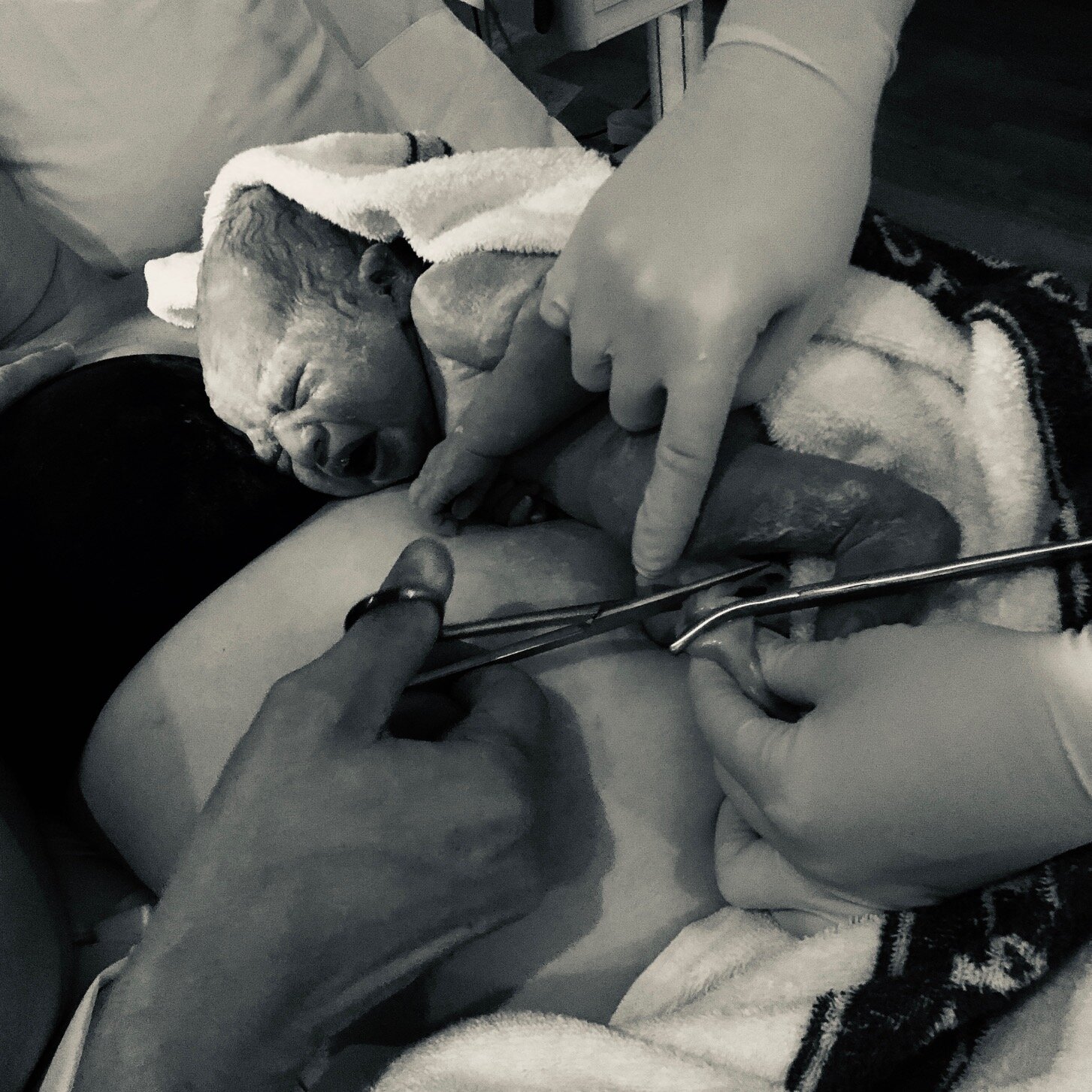Seven years. It took seven years for her to open up. Seven years to start to tell her story. Seven years of repeat medications. Seven years of small talk. Seven years of watching her twist as her back pain took hold. Seven years of hearing snippets about how insecure she felt in her job. Seven years.
And then came an event so devastating that there was no one else to tell. So devastating that it ripped the scab off her wounds and left her deeply, deeply pain-ridden, damaged inner self exposed and vulnerable. So devastating that the only logical response was to contemplate suicide.
Merciless devastation.
“Please stay.”
I don’t remember what else I said that day, but I do remember saying “Please stay”.
I remember because she remembers.
Traumatised, abused, misunderstood, labelled. Navigating the world through shrapnel. Nowhere is safe. Systems that failed. Carers who didn’t care. Helplines who didn’t help. Professionals who walked away, no risk of attachment issues because there was no one who stayed around long enough to attach to.
Months and months of slowly, cautiously discussing the abuse. The betrayals. Those who looked the other ways. Small, infrequent acts of kindness. Achievements not seen as such as the endless reel of negativity plays over and over and over and over in her head.
And yet. Writing. Powerful poetry, excellent essays
Desperately reaching forward, communicating, educating
Increasing my understanding, the understanding of others
Bridge building
Generous. Kind. Compassionate
Beaten, berated but not broken
A little light in the darkness. Journey not completed, but underway
A glimmer — did I really see it?
Did I imagine it?
No, there it is again!
A glimmer of hope
A sense of purpose
Hope, rising from the ashes
“Drench yourself in words unspoken
Live your life with arms wide open
Today is where your book begins
The rest is still unwritten“ Unwritten, Natasha Bedingfield
Dr Adele Victoria
January 14, 2020











